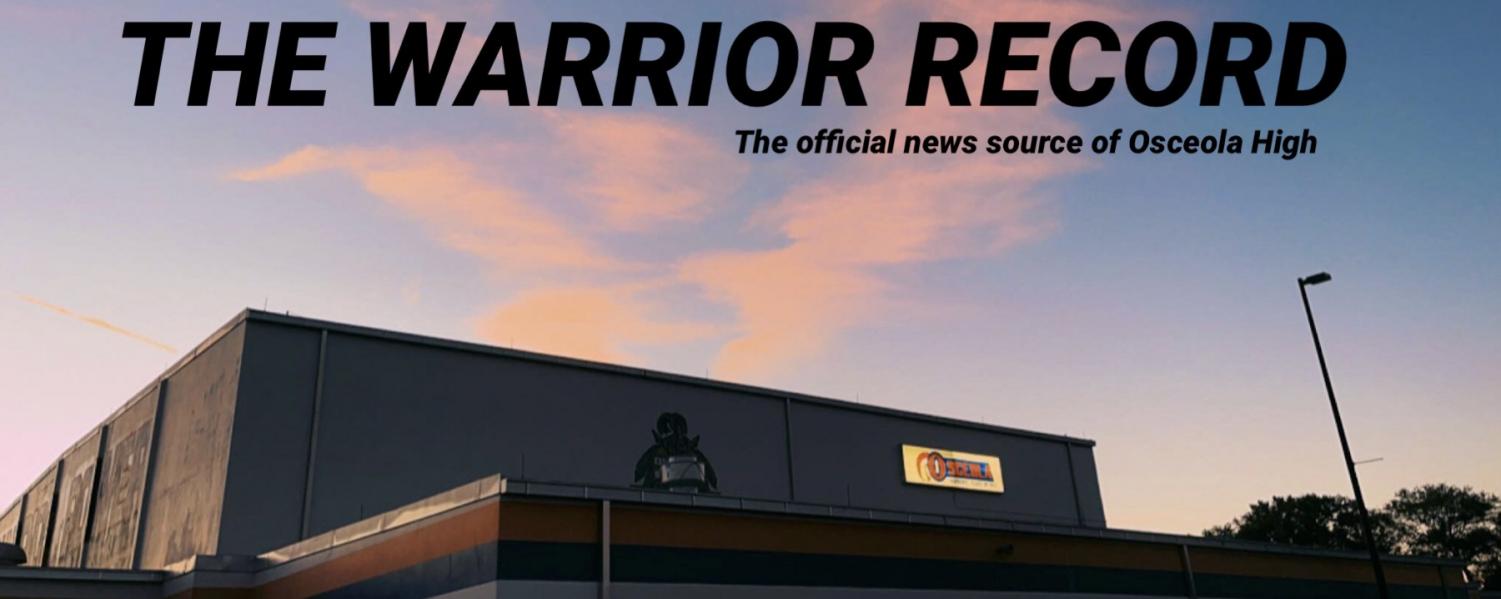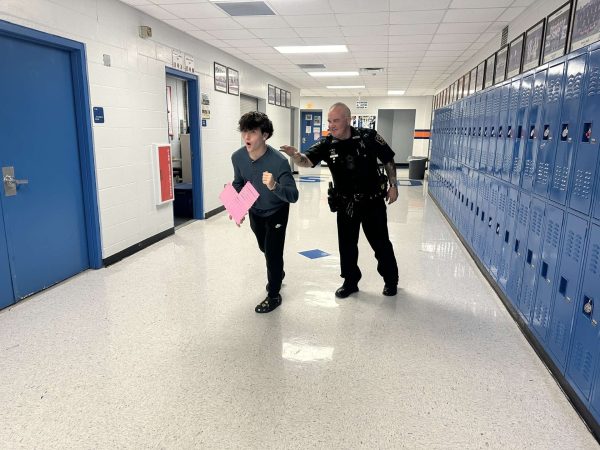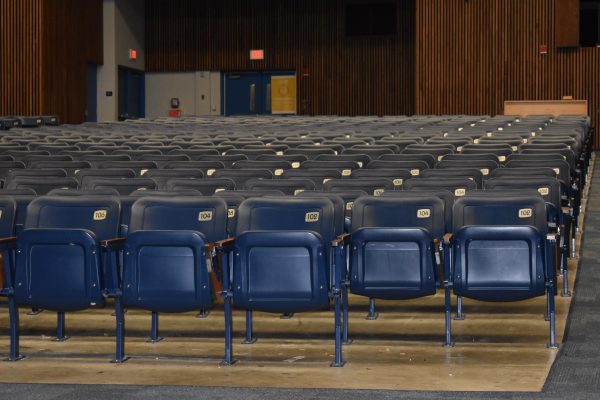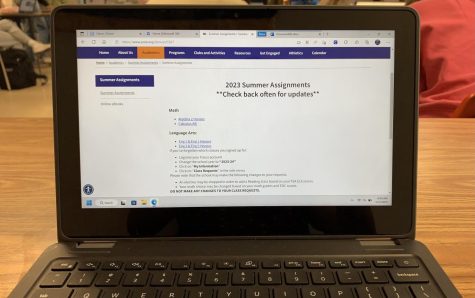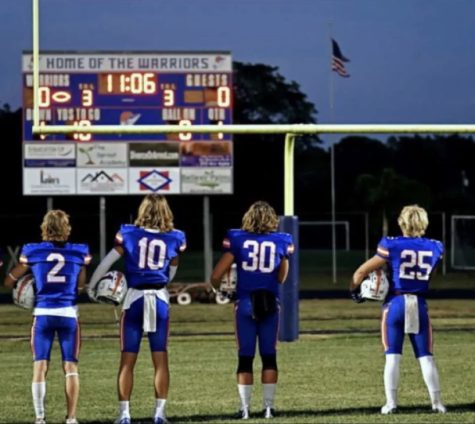Garner case reveals the problems with grand juries
On December 3, 2014, a Staten Island grand jury refused to indict New York Police Department (NYPD) Officer Daniel Pantaleo in the death of Eric Garner. Garner, an asthmatic African-American man from Staten Island, died on July 17, 2014, after being put in a chokehold for 19 seconds by Pantaleo, a white police officer; Garner had been accused of illegally selling loose, untaxed cigarettes, and the situation quickly escalated after Garner asked to be left alone. The incident has incited protests, which have sometimes turned violent, and raised questions about racial relations and police brutality in the United States. However, one issue that has not been so often discussed is the issue of grand juries in the American justice system. While the issues of racial biases and police overreach are certainly relevant, the use of grand juries has exacerbated the situation from bad to worse. The Garner case has particularly stumped observers. After all, the practice of chokeholding has been banned by the NYPD since 1993, video footage from the incident clearly shows Pantaleo putting Garner in a chokehold, and Garner is repeatedly heard to say “I can’t breathe.”
As the Garner case shows, grand juries decisions can be controversial. At this juncture, it may be necessary to examine the general practice of using grand juries. Grand juries differ from regular juries in a few crucial ways. For example, as described by the American Bar Association, “grand jurors are not screened for biases or other improper factors.” As you may recall from Civics class, witnesses in a trial can invoke the Fifth Amendment to refuse to answer questions in order to avoid incriminating themselves. However, such a right does not exist in grand juries, and witnesses that refuse to answer can be held in contempt of court, which sometimes carries jail time. The whole grand jury process takes place under a cloak of secrecy, as media are not allowed to observe grand jury proceedings. It’s worth noting that the United States is one of the very few countries that still use grand juries; England, Ireland, Canada, Australia, and New Zealand have all stopped the usage of grand juries, and even some US states have ended grand juries. Hawaii has replaced grand juries with a group of lawyers advised by an independent counsel. In Wisconsin, a five-member board, which has to include a former judge, a former district attorney, and a Wisconsin college professor who is an expert in the subject, works with a three-member team of experts to investigate cases concerning police officers. After the Garner ruling, perhaps it is time for the United States to turn to the examples of Hawaii and Wisconsin for insight?

